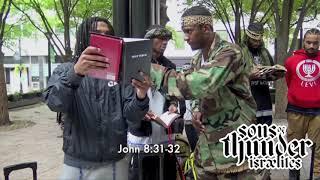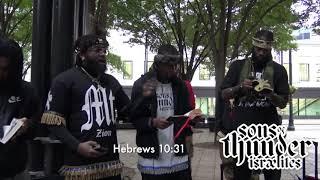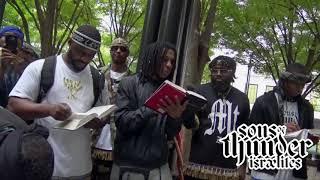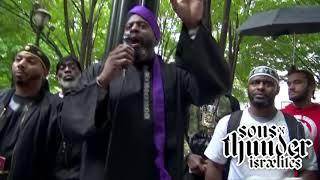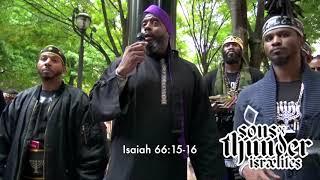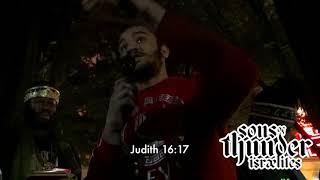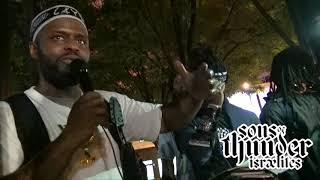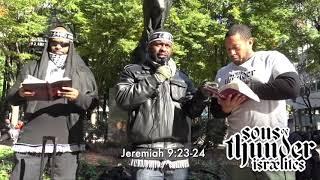theoretically distinct (Gone, 2013). Historical trauma relates to a collective experience of trauma that is perpetrated against members of a group due to their group membership, and the trauma is within that collective consciousness. In contrast, intergenerational transmission of trauma is about the secondary impact of trauma, from one generation to the next, at the individual level, whether or not the precipitating trauma occurred within a collective (Gone, 2013). Intergenerational trauma typically occurs within family systems. In reviewing the extant literature, Vasquez, Ocean, Cromer, and Borntrager (2014) determined that intergenerational transmission of trauma occurs through parenting, possibly inadequate parenting, and through relationship dysfunction within the family unit. In the American Indian experience, this could be that forced removal of children from homes, resulting in breaking up of families (Noriega, 1992), not only traumatized individuals within the families but also lost healthy parenting practices, such that individuals in families related to each other in ways that were dysfunctional and transmitted trauma onto future generations. If one’s only experience of having been parented was abusive and traumatic (e.g., being raised in a boarding school), then, plausibly, the model for raising one’s own children would be dysfunctional and possibly traumatic. The current article reviews the concepts of his-torical trauma and intergenerational transmission of trauma and proposes a way to test these theo-ries within a sample of American Indians who ranged in age from 18 to 67 years old and who identified as being affiliated with 19 different tribes
- Category
- NORTHERN KINGDOM PROPHETS
Be the first to comment

